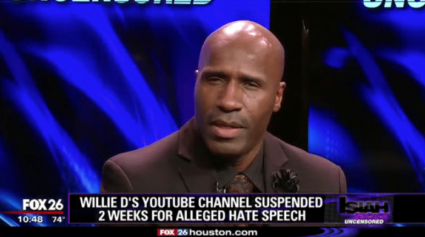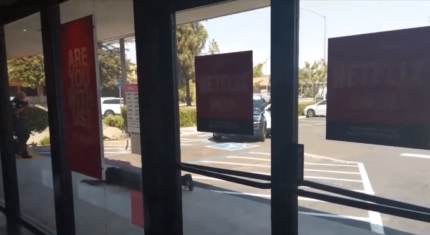If you’re seeking an example of economic disruption, look no further than the Federal Trade Commission’s designs for Wi-Fi networks that cover large swaths of the United States. A proposal pending before an FCC panel aims to make access to the Internet and phone calls free and easy for millions of people across the United States. There’s a big if here. Having already run the political gauntlet for years, the proposal would face a logistical nightmare if approved.
But traditional mobile network carriers are apparently not taking any chances.
According to a much-hyped story in the Washington Post today, lobbyists representing the $178 billion wireless industry have been counteracting the proposal, with the primary detractors reportedly being AT&T, Intel, T-Mobile and Qualcomm.
The FCC’s project — known less dramatically as the White Space proposal — has been in the works for some time but the Post’s story highlights direct lobbying efforts by nervous detractors in the wireless industry. Which means someone somewhere is taking the FCC’s attempts seriously.
In a nutshell, the FCC is proposing that free Wi-Fi be extended to nearly every metropolitan area in the United States, along with “many rural areas,” according to the Post. There’s not much detail on how it would accomplish this, other than that it would force local TV stations to sell chunks of airwave spectrum rights to the U.S. government, which would then use them for public Wi-Fi networks. (More on that from the FCC here.) The proposal is being considered by a five-person panel and still requires approval to move forward.
Idealistic echoes of free, nationwide healthcare aside, such a move would dramatically alter the corporate dynamics of mobile communication if it actually worked. It would draw a clearer battle line between traditional cellular networks and Internet companies. On the one side, carriers want to cling on to financial control of the airwaves, while on the other, Internet giants like Google want it free and increasingly populated by people using their services.
The carriers’ contentions are clear: The specter of free calls over the Internet would cripple their traditional business of enabling calls over their own network and spectrum. It would follow the bleeding that’s already happening in SMS revenues. Thanks to the rise of mobile messaging services like WhatsApp, Pinger and GroupMe, which use the Internet to send free text messages, carriers like AT&T and T-Mobile have already lost hundreds of millions in potential profits. They still make money from data transfers for those messages, but nowhere near as much as they once did with traditional texts…
Read More: forbes.com


